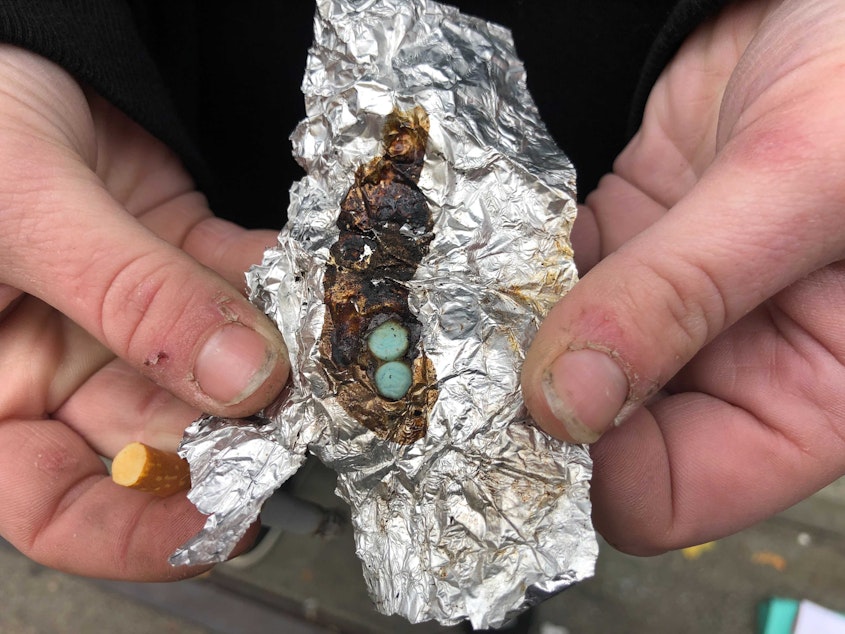Federal Way seeks to stamp out fentanyl fumes by punishing smokers

Federal Way is trying to clear its air of fentanyl smoke.
At the request of Federal Way Mayor Jim Ferrell, councilmembers will vote Tuesday on an ordinance that would criminalize public fentanyl smoking under city law.
Ferrell said he heard a lot of complaints about secondhand smoke onboard buses in particular, and from bus drivers concerned for their health.
“You’re in a very vulnerable situation when you’re on a bus, you’re really at the mercy of the people around you,” Ferrell said.
Under the ordinance, smoking fentanyl in public could be punished as a gross misdemeanor with a year in jail and up to $5,000 in fines.
Police are ready to enforce it, Ferrell said.
Sponsored
“When this passes, we will board the bus, and we will remove people off the bus if we receive a phone call,” he said.
But, unless your doctor prescribed it, smoking fentanyl is already illegal under federal law, Tacoma Needle Exchange Executive Director Paul LaKosky said.
“I don’t think the ordinance is actually going to do much, because people are still going to smoke fentanyl,” LaKosky said. Instead, he said a supervised drug consumption site would do more to cut down on public smoking.
“(Drug users) don’t smoke in public places because they want to smoke drugs in public places,” LaKosky said. “They smoke in these places because they don’t have anywhere else to safely consume drugs.”
Getting arrested may prevent someone from smoking in the short term, but it will also increase their risk of overdose, he said. Drug users are most likely to overdose soon after they’re released from jail because their tolerance to opioids decreases, LaKosky said. (Medications to treat opioid addiction significantly reduce the risk of overdose.)
Sponsored
The Washington Poison Center says exposure to secondhand opioid smoke poses no real risk for "the everyday person."
Ferrell said he considers that position “asinine.”




